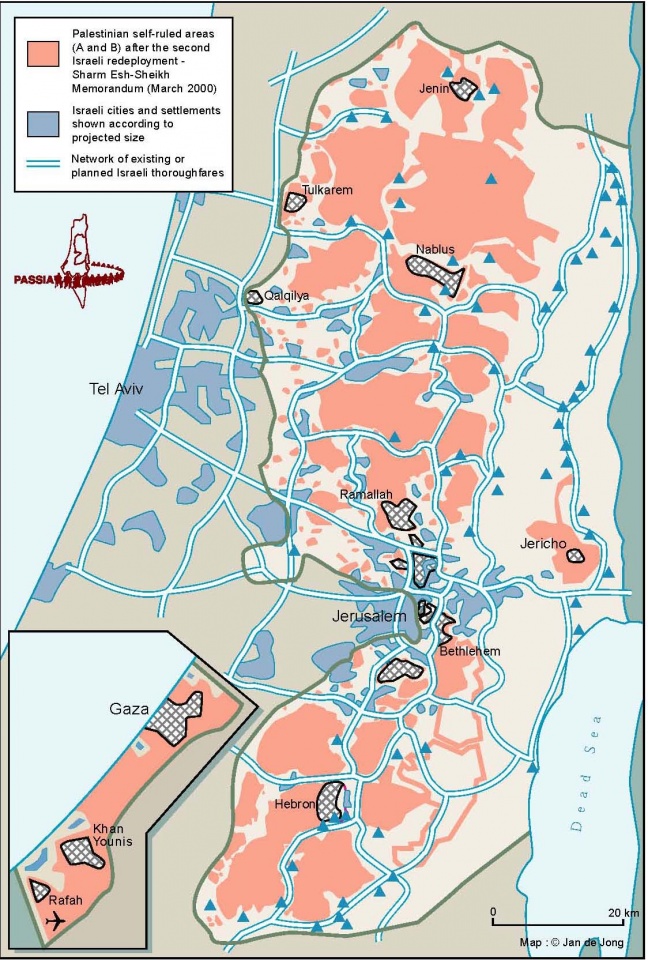There was a hearing in the Senate Judiciary Committee today on legislation proposed by Sen. Dianne Feinstein that would make clear that the U.S. government may not indefinitely detain American citizens without charge or trial, notwithstanding the language in NDAA establishing otherwise. Kevin Gosztola at FireDogLake has extended coverage of the hearings, which were sort of like having a congressional hearing reaffirming the fact that there are two chambers of Congress. It should be an accepted fact that the state does not have the legal or moral authority to indefinitely detain U.S. citizens without charge or trial. That it isn’t indicates how truly perverse the zeitgeist in the country is.
Speaking of perversity, Steven G. Bradbury, former Assistant Attorney General and head of the Office of Legal Counsel in the Bush administration, spoke to the committee on the matter. As Gosztola reminds us, Bradbury was “an author of one of the Bush torture memos” and “deserves to be tried in court for his role in the Bush Administration.” Who better to speak on constitutional law, right?
Bradbury said that because “the evident purpose of the legislation is to prevent the President from detaining…without criminal charge…any American citizen” even if they’re alleged to be a member of al-Qaeda, he strongly disagrees with it. He said that there are “extraordinary circumstances during an armed conflict when the President may determine it necessary to detain a U.S. citizen as an enemy combatant consistent with the laws of war.” Plainly, the President does have the authority to disregard the Bill of Rights in “extraordinary circumstances” like war. Lucky for us, those “extraordinary circumstances” have become simply “ordinary circumstances” and the war – as Sen. Lindsey Graham has said – is “without end.”
To recap for people, Obama signed the NDAA into law, codifying the government’s right to detain individuals in the war on terror without charge or trial, even U.S. citizens. Obama signed it, but issued a signing statement in which he promised with a cherry on top he wouldn’t use it on U.S. citizens. Feinstein in the Senate, and others in the House, have decided that’s just not good enough and have pushed legislation establishing that, in the language of Rep. Chris Gibson’s bill, “the writ of habeas corpus shall remain available to any individual detained within the United States and no American citizen or lawful resident may be detained without all the rights of due process…”
It’s not clear to me at this point how much support these efforts will get in Congress, but the fact that people like Bradbury are giving testimony on it is troubling. Furthermore, even if these efforts are successful and are signed into law, it’s doubtful that would undo the damage done in December when NDAA was passed, for the same reason Obama’s after-the-fact signing statement didn’t cut it. Namely, these provisions are now on the books, and I assume future leaders could still draw on the language in NDAA to deprive U.S. citizens of the right to defend themselves in a court.




